2025 FRIB News

27 March 2025
Three members of the FRIB scientific community have been recognized as 2024 Fellows of the American Association for the Advancement of Science (AAAS): Michael Thoennessen, University Distinguished Professor Emeritus at...

27 March 2025
Since 2011, FRIB has welcomed more than 3,000 school groups to tour the laboratory on the campus of Michigan State University. Students come from public schools, private schools, parochial schools...

25 March 2025
Xing Fan from Harvard University and Julian Kahlbow from Lawrence Berkeley National Laboratory (Berkeley Lab) are the award recipients for the 2025 Facility for Rare Isotope Beams (FRIB) Visiting Scholar...
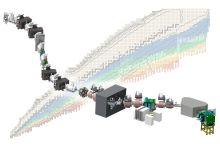
25 March 2025
On 24 February, the U.S. Department of Energy Office of Science (DOE-SC) approved the start of execution of a $49.7 million instrument at the Facility for Rare Isotope Beams (FRIB)...
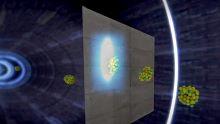
15 March 2025
FRIB successfully delivered a 20 kilowatt (kW) uranium-238 beam on target during accelerator operations on 13 March. This record beam power doubled the previous world record of 10kW uranium beam...
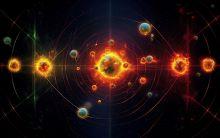
04 March 2025
The FRIB Program Advisory Committee (PAC) has peer-reviewed science proposals for experiments proposed to be conducted at FRIB. The experiments comprise exciting new research that was not possible prior to...

01 February 2025
FRIB and Michigan State University announced the winners of the “ Distinguished Trailblazers in the Sciences” competition on 1 February. For the competition, pre-college students created video presentations about scientists...
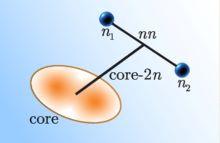
31 January 2025
FRIB researchers are part of a team that measured the deuteron inelastic scattering of beryllium-10 and had its results published in Physical Review Letters (“ Near-Threshold Dipole Strength in 10Be...
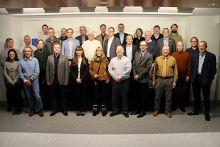
27 January 2025
On 22-24 January, FRIB hosted the Accelerator Science & Engineering (AS&E) Workforce Roundtable and the Office of High Energy Physics (HEP) Accelerator Traineeship Principal Investigator (PI) Meeting for the U.S...
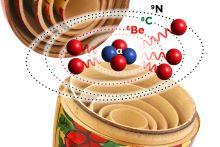
10 January 2025
Recent experimental discoveries are reshaping how scientists view atomic nuclei. Traditionally, nuclei have been classified as either stable or unstable, but this binary distinction overlooks the wide range of nuclear...
